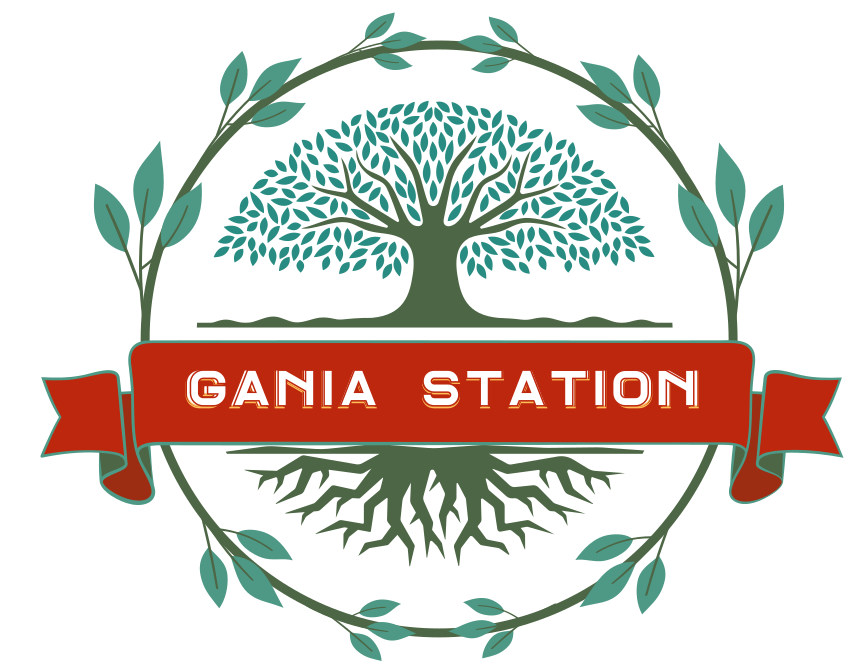Why Buy a Farm and Be Self-Sustainable?
In an era where environmental concerns, economic fluctuations, and health awareness are at the forefront, buying a farm to become self-sustainable offers numerous compelling advantages. Here’s why many individuals and families are turning towards this lifestyle:
1. Food Security and Quality:
- Control Over Food Supply: Self-sufficiency means producing your own food, which is particularly valuable in times of scarcity or when supply chains are disrupted.
- Quality Assurance: You have direct control over what goes into your food, from the type of seeds used to the absence of pesticides and chemicals. This can lead to healthier, organic produce.
2. Economic Benefits:
- Cost Savings: Over time, growing your own food can significantly reduce grocery bills. Even if not completely self-sufficient, partial self-sufficiency can save money.
- Income Generation: Farms can produce surplus goods that can be sold at local markets or through farm stands, providing an additional income source.
- Investment: Land, especially farmland, can be a good long-term investment, often appreciating in value over time.
3. Environmental Impact:
- Reduced Carbon Footprint: Local food production cuts down on the transportation emissions associated with food miles.
- Sustainable Practices: You can engage in regenerative agriculture, permaculture, or other sustainable practices that improve soil health, biodiversity, and water conservation.
4. Health and Well-being:
- Physical Activity: Farming involves physical labor, which promotes a healthy lifestyle, reducing the risk of numerous chronic diseases.
- Mental Health: Connecting with nature, working with your hands, and seeing the fruits of your labor can significantly reduce stress and improve mental health.
5. Independence and Skills:
- Self-Reliance: Being self-sufficient builds resilience against external economic or supply shocks.
- Skill Development: You learn a myriad of skills from gardening to animal husbandry, machinery operation, and food preservation.
6. Educational Benefits:
- Learning Environment: For families, a farm can be an incredible educational tool, teaching children about biology, ecology, economics, and the value of hard work.
- Community Education: Farms can act as educational centers for the community, promoting sustainable living practices.
7. Lifestyle and Legacy:
- Quality of Life: The rural lifestyle can offer peace, space, and a slower pace of life, which many find appealing compared to urban environments.
- Legacy Building: A farm can become a family legacy, passed down through generations, offering not just land but a way of life.
8. Preparedness:
- Survival Skills: In an uncertain world, knowing how to grow food, manage resources, and live off the land can be invaluable.
Challenges to Consider:
- Initial Investment: Buying land and setting up farming operations can be expensive.
- Hard Work: Farming is labor-intensive and requires a broad skill set.
- Market Fluctuations: If selling produce, you’re subject to market prices and weather conditions which can affect profitability.
Becoming self-sustainable through farming is not just about survival; it’s about thriving in a way that aligns with personal values of health, environmental stewardship, and independence. The journey towards self-sustainability on a farm can be both fulfilling and challenging, offering a profound sense of accomplishment and a deeper connection to the earth.

